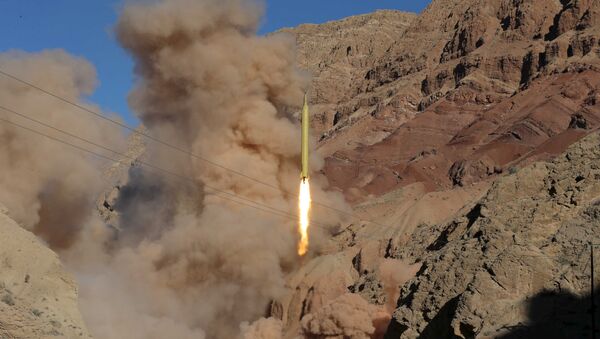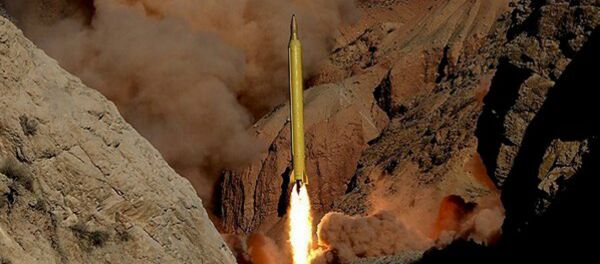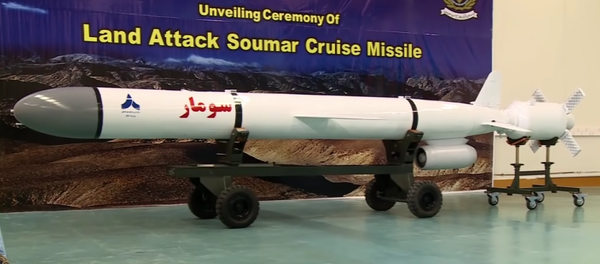The move comes after US President Donald Trump said that Iran is "playing with fire," adding that he will not be "as kind" as former US leader Barack Obama had been.
"We believe that the introduction of unilateral sanctions against Iran in the current circumstances would be extremely counterproductive and could hamper the implementation of agreements on Tehran's nuclear program," the source told Sputnik, adding that it could also "escalate the situation in general."
"The recent missile test launches by Iran cannot serve as an objective basis for any sanctions, because Iran does not violate anything, as there are no restrictions imposed on Tehran in terms of missile launches," the source stressed.
On Wednesday, Michael Flynn, the US national security adviser, announced that the White House had issued an unprecedented notice as a result of missile tests.
A day later, Trump confirmed Flynn’s remarks, saying that Tehran was "formally PUT ON NOTICE for firing a ballistic missile."
After much criticism and speculation over alleged missile tests in Iran earlier in the week, the nation’s Defense Minister Brig. Gen. Hossein Dehqan confirmed on Wednesday that the nation had conducted test missile launches in line with their defense programs.
Dehqan also underlined the fact that these tests violated neither the Joint Comprehensive Plan of Action (JCPOA) nor UN Resolution 2231.
On July 14, 2015, Iran, the European Union, and the P5+1 group of countries signed the JCPOA to ensure the peaceful nature of Iran’s nuclear program. Under this agreement, Iran pledged to refrain from developing or acquiring nuclear weapons in exchange for the lifting of sanctions imposed against Iran. A UN resolution was passed shortly afterwards, reaffirming the nuclear agreement.



